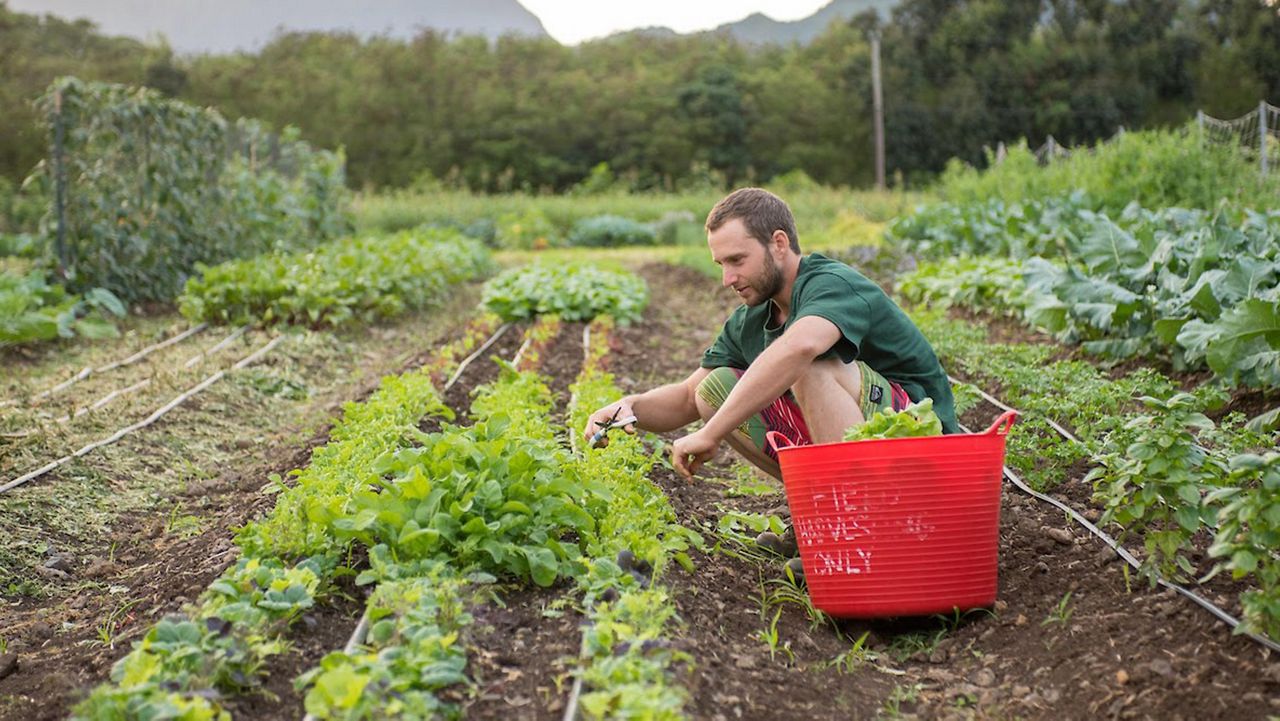HONOLULU — If you grow it, they will eat it — and pay more to do so, according to a new study by University of Hawaii School of Travel Industry Management professor Jerry Agrusa and a team of researchers.
According to the study, visitors from the continental United States are overwhelmingly willing to pay more for locally sourced foods while on vacation in Hawaii to help the state become a more sustainable tourism destination.
The findings are reported in “The Local Food Supply, Willingness to Pay and the Sustainability of an Island Destination,” published in the Journal of Hospitality and Tourism Insights.
The researchers found that 78% of the 454 respondents said they would be willing to pay a premium or higher price for locally grown food. Of those respondents, 40% said they are willing to pay 5% more; 23% are willing to pay between 6% to 10% more; 16% are willing to pay 11% go 15% more; and 10% are willing to pay 16% to 25% more.
“The results of this study provided quantitative evidence that U.S. tourists are interested in purchasing locally grown food items in Hawaii, in addition to their willingness to pay an additional fee for these locally grown food products at a restaurant or a hotel dining room, to help Hawaii maintain its long-term tourism viability,” said Agrusa.
The study’s authors highlighted two relevant facts: 1) More than 10 million people visited Hawaii in 2019, the most recent year unaffected by the COVID-19 pandemic; 2) up to 90% of Hawaii’s food is imported, creating a major carbon footprint.
Thus, making adjustments to Hawaii’s food supply is an opportunity to reduce the carbon footprint and support the state becoming a more sustainable destination.
The researchers said they hope that the results from the study will help tourism leaders explore whether there are opportunities to better integrate sustainable food consumption and production into the tourist experience.
The study also found that more than 70% of respondents indicated that they are willing to pay an additional charge to support long-term sustainable tourism in Hawaii. A majority of respondents agreed or strongly agreed that it is vital for the tourism sector to encourage environmentally friendly tourism practices in Hawaii.
Agrusa’s partners in the study included TIM instructor Giulio Ronzoni; Cathrine Linnes from Østfold University College in Norway; Jeffrey Thomas Weinland from the University of Central Florida; and Joseph Lema from the University of Nevada, Las Vegas.
Agrusa, who has published significant studies in the habits and attitudes of Japanese tourists to Hawaii and the economic impact of the Honolulu Marathon, has already integrated his latest research into his current food-service management course, with students using the study to figure out ways to support local farmers and locally grown food. Agrusa said this is an example of how academic research can complement classroom teaching and spur enthusiasm for student learning.
Michael Tsai covers local and state politics for Spectrum News Hawaii.




